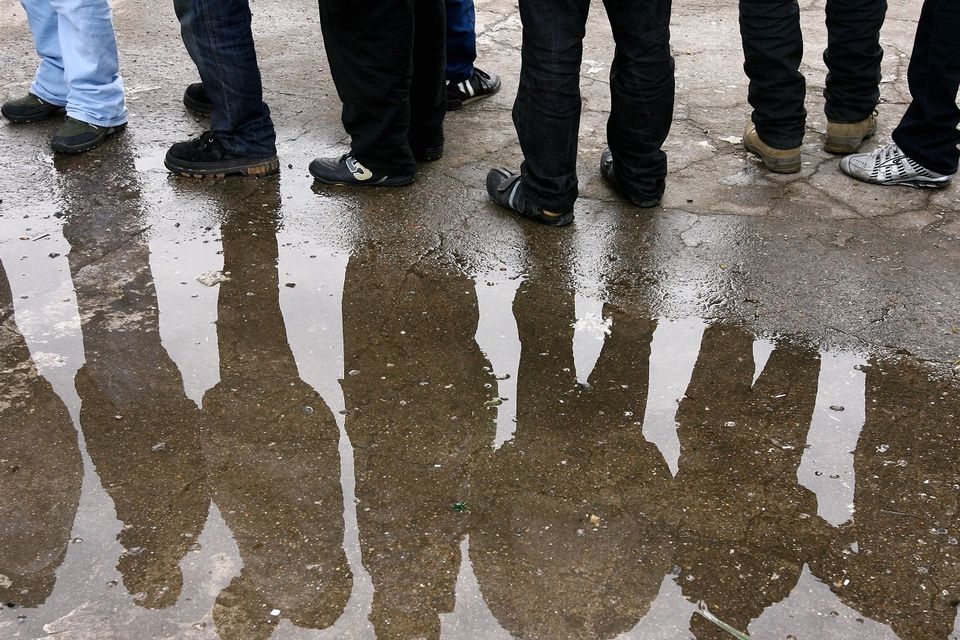Negative attitudes towards immigrants coming into Ireland revealed in new report
Stock image
Attitudes to immigrants coming into Ireland became more negative during the recession and are now lower than the Western European average, a new report has revealed.
Low levels of support towards the arrival into the country of some ethnic groups are revealed in the study, compiled by the Economic and Social Research Institute (ESRI).
The report, commissioned by the Irish Human Rights and Equality Commission (IHREC), found just 41pc of Irish people were supportive of many or some Muslim immigrants coming into the country.
Those surveyed were “very resistant” to allowing more Roma, with only 25pc saying they would allow many or some.
The report makes a direct link between the economic fortunes of the country and attitudes to immigrants, with attitudes hardening during the economic crisis.
It also drew a link between education levels and the attitude of Irish people towards immigrants.
IHREC chief commissioner Emily Logan said the report “in some respects holds up an uncomfortable mirror to attitudes about diversity in Ireland”.
The study revealed just under half of people born in Ireland believed some cultures are superior to others.
It found 45pc believed some races or ethnic groups were born harder working, while 17pc believed some races were born less intelligent.
The figures are based on surveys of 2,000 people considered representative of the Irish-born population.
“The relatively high levels of discriminatory attitudes detailed in the study are a matter of concern,” said Ms Logan.
The ESRI examined changing Irish attitudes towards immigrants between 2002 and 2014 and drew on data from the European Social Survey to compare Ireland with ten other western European countries.
Views in on the impact of immigration on the economy, cultural life and quality of life in Ireland fluctuated in line with the country’s economic fortunes.
Attitudes were very positive in the early 2000s, became more negative in 2008 and continued to decline in 2010, becoming more positive again in 2012 and 2014.
The report said it did not find older people had more negative attitudes to immigration and speculated this could be due to the Irish experience of emigration.
Instead it found the dividing line between those with positive and negative attitudes about the impact of immigration was linked to education.
Those with higher education were found to be more tolerant.
There are a number of potential explanations for this, including that people more highly educated tend to be more financially secure, as well as the “liberalising” effect of higher education.
“Those in financial difficulty have more negative attitudes, which is consistent with the argument that this group is more likely to be in competition with migrants for jobs and social benefits or services,” the report said.
According to the last census some 535,475 non-Irish nationals, from 200 different nations, were living in Ireland in 2016.
The largest group were Polish (122,515), followed by UK nationals (103,113) and Lithuanians (36,552).
In 2014 Ireland had the fourth highest proportion of foreign-born residents in the EU, after Luxembourg, Cyprus and Austria.
Join the Irish Independent WhatsApp channel
Stay up to date with all the latest news















